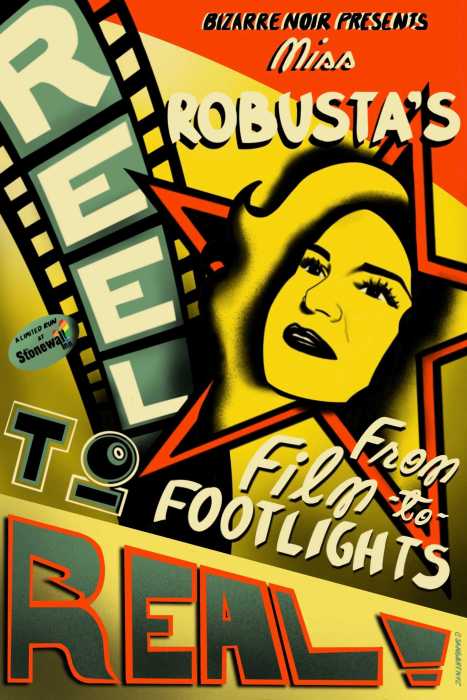Pittsburgh federal judge finds that Lawrence sodomy ruling undermines anti-porn laws
In the first ruling to consider the impact of Lawrence v. Texas on obscenity law, a federal trial judge in Pittsburgh has dismissed criminal charges against a porn Web site operator on the ground that “morality” justifications for obscenity laws are no longer valid.
The January 20 ruling by U.S. District Judge Gary L. Lancaster has the potential, if upheld on appeal, to broaden the online availability of hardcore pornographic material for adults.
The case originated in a federal sting operation, in which enforcement officials cruised the Internet looking for sexually-oriented sites to close down. They focused on a Web site called extremeassociates.com, which made available to its members hardcore pornography that would be considered “obscene” under currently prevailing constitutional standards, which ban graphic depiction of sexual acts without any redeeming social or artistic value that would be considered offensive by a typical adult member of the local community. This Web site required members to use a credit card for three-month access at $89.95.
U.S. Postal Inspector Joseph McGowan found this Web site, signed up as a member from the Pittsburgh area and viewed video clips in the members-only section. Concluding that what he viewed was obscene, McGowan referred the matter to the Justice Department for prosecution, and the owners of the Web site were indicted under the federal obscenity laws, which apply to both material transmitted on the Internet and material sent through the mail.
Attorneys for Extreme Associates, Inc., argued that in light of the 2003 Lawrence sodomy ruling, obscenity laws are constitutionally flawed, at least as applied to a members-only operation. They contended that under existing Supreme Court precedents dating to the 1960s, adults have a constitutionally protected right to possess obscene material in the privacy of their homes even though the government can prosecute commercial distribution of such material. Extreme Associates argued that those precedents are now undermined by Lawrence, which held that “morality” could not justify impinging on constitutionally protected rights.
Judge Lancaster decided that the defendants had a good argument, and agreed to dismiss the complaint against them. He found that the government has justified the criminalization of obscene material distribution on the grounds that “unwitting adults” might see material they find offensive and upsetting, that minors should be protected from such material and that the government has a legitimate interest in promoting conventional morality.
Lancaster found that Extreme Associates’ membership policy protected “unwitting adults” from exposure to its obscene material and that the argument about protecting children was insufficient to overcome the constitutional rights of adults to receive this material. He pointed out that the Supreme Court has frequently ruled that society may not restrict communication to what is fit for children, including several recent rulings on phone sex operations and sexually-related Web sites. The Court has repeatedly held that outright criminal bans are overbroad when they would impede the ability of adults to obtain access to such material.
Finally, Lancaster noted that Lawrence v. Texas has essentially removed the morality justification.
“Because the case involved two consenting adults engaged in sexual activity in the privacy of their own home and not minors, persons who might be coerced or injured, public conduct or prostitution, the Court found that no state interest—including promoting a moral code—could justify the law’s intrusion into the personal and private life of the individuals involved,” wrote Lancaster.
He noted that Justice Antonin Scalia’s dissent in Lawrence, joined by Chief Justice William Rehnquist and Justice Clarence Thomas, “calls into question the constitutionality of the nation’s obscenity laws, among many other laws based on the state’s desire to establish a ‘moral code’ of conduct.” Lancaster rejected the notion that Scalia’s dissent reflected merely the “over-reactive hyperbole by those on the losing side of the argument,” and observed that constitutional law scholars have published law journal articles also suggesting that after Lawrence the federal obscenity laws may be unconstitutional.
Lawrence can “reasonably be interpreted as holding that public morality is not a legitimate state interest sufficient to justify infringing on adult, private, consensual, sexual conduct even if that conduct is deemed offensive to the general public’s sense of morality,” wrote Lancaster.
Considering the substantial bureaucracy employed by the federal law enforcement establishment to identify and prosecute online sex-peddlers, it seems quite likely that Lancaster’s decision will be appealed. Because he was considering only the application of the criminal law to this defendant, his ruling does not strike down the obscenity laws as unconstitutional per se, but the ruling suggests that anybody who takes similar precautions to make such material available only to consenting adults will have a strong defense against prosecution.
gaycitynews.com



































